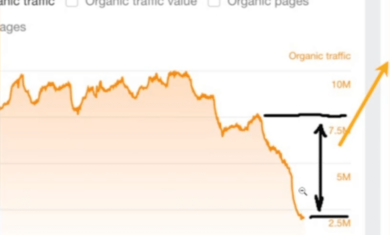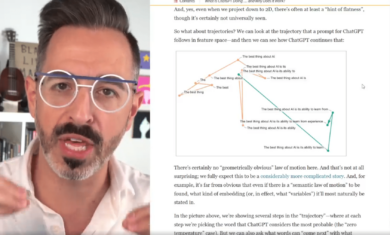When dealing with a professional of any kind, you expect that they know the lingo. For example, I’m not very knowledgeable about how a car works, but if I’m talking to a mechanic and I mention that I think I might have an issue with my transmission, and he responds with “what’s a transmission?”, I know I’m in trouble.
Here are four that I see quite often, and each makes me question things a little bit.
Banks that require password changes
Our bank requires us to change our password every 90 days, yet they can offer no good reason for it. Both Microsoft and the FTC have said that such changes are silly to enforce, which makes me question the security that the bank offers.
Our bank talks a lot about how secure they are, but doing this kind of “security theatre” erodes a lot of trust.
An SEO expert that says “alt tags”
When describing an image for vision-impaired users, “alt attributes” are essential. For a normal user, if they say “alt tags”, we know what they mean. For a web professional (particularly one that focuses on SEO, where these are crucial), there is a big difference between an “attribute” and a “tag”, and they should know better.
An accessibility expert that uses #lowercasehashtags
This is another one that is acceptable (though ideally will change) when normal users do it, but for those that claim to work hard for the sake of accessibility, it’s a bad one.
We should all be using #CamelCaseHashtags, but if you’re big into accessibility issues, you already knew that.
Any web company that puts their link in the footer of sites that they build
This is just a scummy thing to do, as it hurts the rankings of your site and helps the rankings of the company that stuck their link down there. As I’ve mentioned before, there are only two reasons that a company would do this:
- They don’t know any better, in which case you should be nervous as they don’t know how Google works.
- Worse, they do know better, and they’re stealing your rankings on purpose.
Neither one is a good answer.
Nobody is perfect, and I suspect plenty of people will keep using lowercase hashtags, just as I’ll likely keep asking dumb questions to my mechanic. They’re the expert, so as long as they know what a transmission does I won’t be immediately concerned.




